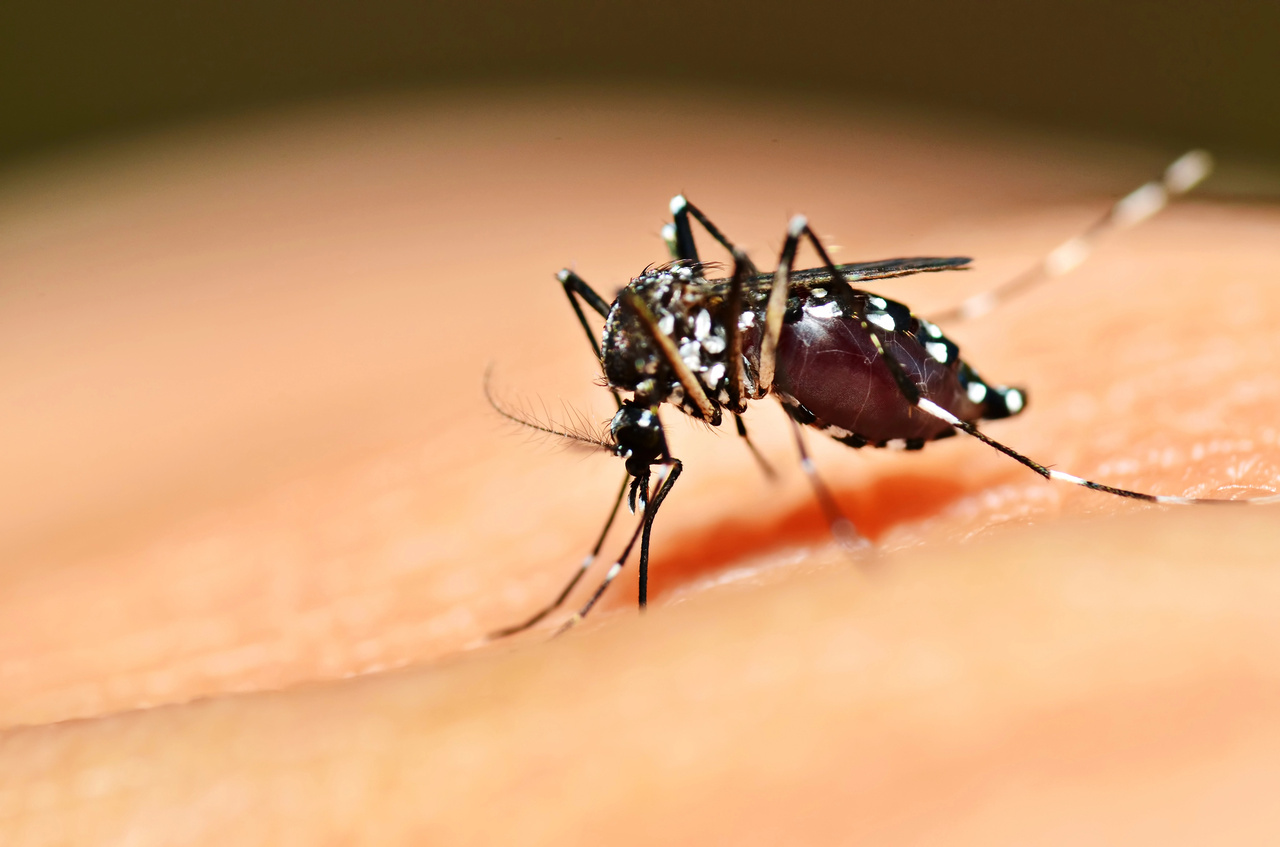Beware: Dengue fever resurfaces in Hungary as imported cases rise

Dengue virus, commonly known as “breakbone fever,” has made a reappearance in Hungary. According to the latest data from the National Public Health and Pharmaceutical Centre (NNGYK), new cases have been reported among Hungarian travellers returning from tropical countries. Among the infected are a 50-year-old woman from Budapest who contracted the virus in the Maldives, and a 40-year-old man who brought the pathogen back from South America.
Dengue fever is not only unpleasant but can also be extremely painful. The name is no exaggeration—infected individuals often report pain so severe it feels as if their bones are breaking from within. This intense muscle and joint pain is typically accompanied by high fever, severe headaches, nausea, vomiting, and skin rashes.
According to nuus.hu, the illness generally follows a mild course, but more severe, even life-threatening forms involving internal bleeding can occur. In the most serious cases, intensive hospital treatment is required, particularly if the diagnosis is delayed. Prevention is therefore not just a matter of comfort but one of protecting lives.
How the virus spreads and what experts are saying
Dengue fever does not spread directly from person to person. It is transmitted exclusively through mosquito bites. The virus is carried by the Aedes aegypti and Aedes albopictus species, which are typical of tropical and subtropical regions. Symptoms usually appear 4–10 days after a bite, making early detection difficult.
While these mosquito species have not yet established permanent populations in Hungary, climate change and increased global travel raise the likelihood that they could eventually appear in the country. Travellers can unwittingly bring the virus into Hungary, even if the conditions for further spread aren’t currently present.
At present, no widely available routine vaccine exists to prevent dengue fever, making prevention the most effective defence. Travellers heading to tropical regions should be well-prepared: repellent, long clothing, closed shoes, and bed nets are strongly recommended. It’s also a good idea to check for current public health advisories—not only for dengue but also for other mosquito-borne illnesses such as Zika virus, chikungunya, and malaria.
The latest epidemiological data show that malaria has also been imported into Hungary by two male travellers, kemma.hu writes. Like dengue, malaria is transmitted via a mosquito bite. Symptoms—including high fever, chills, and sweating—can easily be mistaken for other infections, but if left untreated, the disease can lead to serious complications and even death. Europe’s current climate does not yet support the stable presence of these mosquito species, but global warming continues to increase the risk. Experts warn that both travellers and public health officials must remain vigilant and prepared.
Dr. Éva Molnár, an epidemiologist, stresses the importance of being aware of health risks when travelling abroad. Early detection of dengue fever can be life-saving. She emphasised: “The key to prevention is information and awareness. Preparing before you travel isn’t a luxury—it’s a necessity.”
Diseases like dengue fever—and similar mosquito-borne illnesses—are spreading globally. While not yet endemic in Hungary, imported cases serve as a stark reminder that these are no longer just problems found on distant continents. It’s a warning worth heeding.
Read more health-related news on Daily News Hungary.
Read more:
- Brain-eating amoeba alert: 11-year-old dies after rare infection in Slovakia
- Wellness benefits of peptides you didn’t know about
Featured image: depositphotos.com
To read or share this article in Hungarian, click here: Helló Magyar







